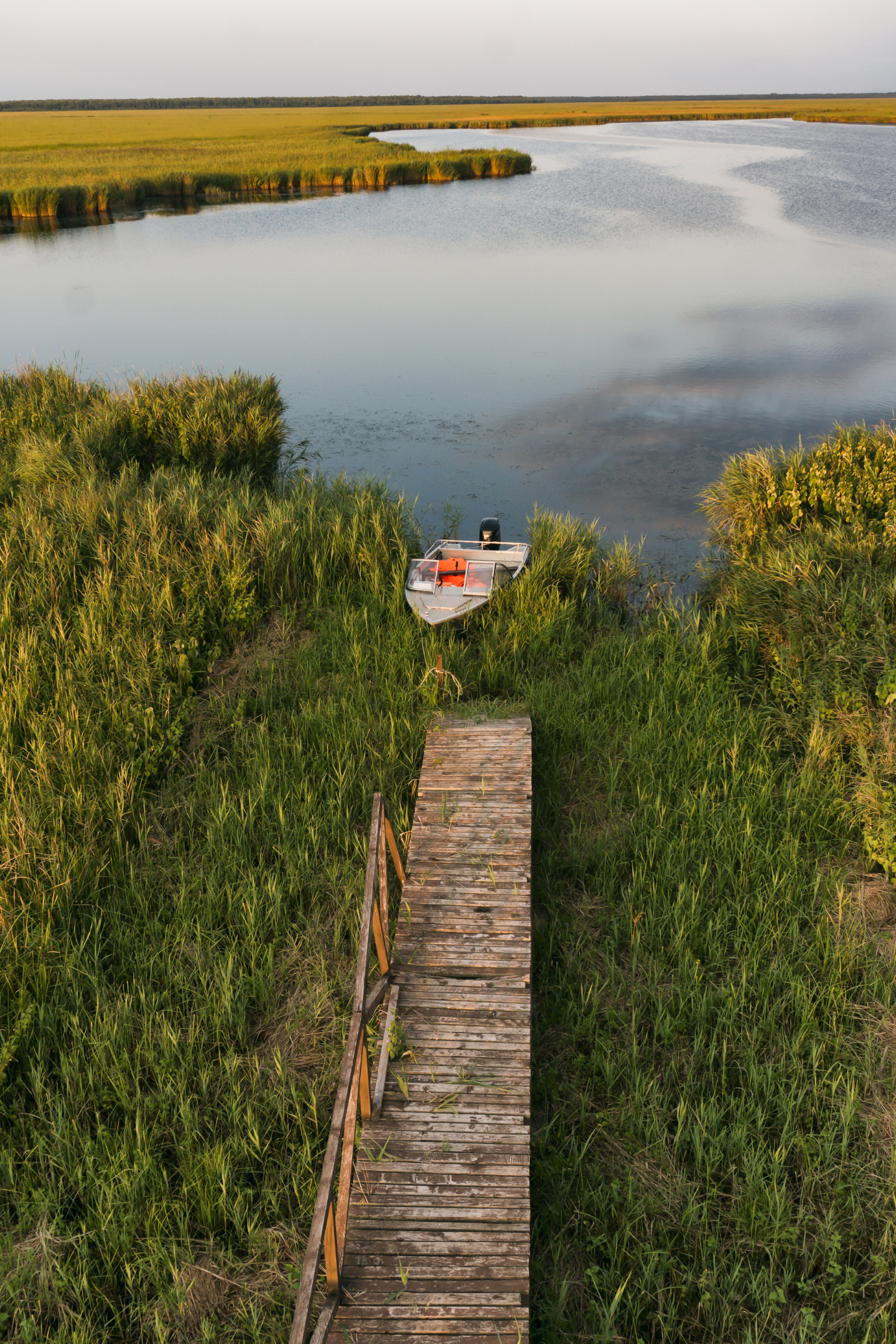
General Information
Kolkheti National Park, located in western Georgia, is a diverse and ecologically rich natural reserve that spans over 45,000 hectares. Situated along the eastern coast of the Black Sea, the park protects the unique Kolkheti Lowlands, a coastal wetland ecosystem that dates back to the prehistoric Pliocene epoch. The landscape is characterized by vast swamps, lakes, rivers, and dense subtropical forests, offering a striking contrast to Georgia’s mountainous regions.
The park is centered around Lake Paliastomi, one of its most prominent features, and includes sections of the Pichori and Supsa rivers. The wetlands are an essential part of the park’s ecosystem, serving as a critical habitat for a wide variety of species. Kolkheti National Park is also part of the Ramsar Convention, which recognizes wetlands of international importance.
Kolkheti’s flora is remarkable for its subtropical vegetation, featuring ancient relict species such as the Caucasian wingnut, alder, and oak trees. These species thrive in the park’s humid climate, creating dense forests that are rich in biodiversity.
The park is a haven for birdwatchers, as it is located on one of the world’s major bird migration routes, attracting over 194 species of birds, including herons, storks, and eagles. In addition to birdlife, Kolkheti is home to various mammals like otters, wild boar, and roe deer. The park’s rivers and Lake Paliastomi are rich in fish, making it a popular spot for fishing enthusiasts.
Visitors to Kolkheti National Park can enjoy various activities such as boating, birdwatching, fishing, and hiking through the park’s diverse landscapes. Boat tours on Lake Paliastomi and the Pichori River offer stunning views of the wetlands and are a great way to explore the park’s unique ecosystem. With its combination of subtropical wetlands, rich biodiversity, and outdoor activities, Kolkheti National Park is a must-visit destination for nature lovers.
How to get there
By Car:
- Kolkheti National Park is about 350 km west of Tbilisi, and the drive takes approximately 4.5-5 hours. Take the Tbilisi-Senaki-Leselidze Highway (E60) west towards Poti. The park’s main visitor center is located near Poti, close to Lake Paliastomi.
By Train:
- You can take a train from Tbilisi to Poti (around 5.5 hours). Once in Poti, take a taxi or local bus to the park entrance or visitor center.
By Minibus (Marshrutka):
- Buses to Poti leave regularly from Tbilisi’s Didube Bus Station. The journey takes about 5-6 hours. From Poti, you can take a taxi to the park.
By Car:
- Kolkheti National Park is about 100 km northwest of Kutaisi, and the drive takes around 1-1.5 hours. Take the E60 highway towards Poti, following signs for the park.
By Train:
- Trains from Kutaisi to Poti are available and take around 2 hours. Once in Poti, use a taxi or local transport to access the park.
By Minibus:
- Buses from Kutaisi to Poti are frequent and take about 1.5 hours. From Poti, you can hire a taxi or take a local bus to reach the park.
Kolkheti National Park
River Churia
Distance: 18 km
Difficulty: Easy
Distance: 18 km
Difficulty: Easy
Highlights of River Churia
River Churia, flowing through Kolkheti National Park, is a picturesque waterway known for its rich biodiversity and tranquil beauty. The river winds through lush wetlands and subtropical forests, providing a habitat for numerous bird species, including herons and kingfishers, making it a prime spot for birdwatching. Boat tours along the Churia offer visitors a peaceful journey through the park’s untouched landscapes, with opportunities to spot otters, fish, and other wildlife. The serene surroundings and diverse ecosystems make River Churia a highlight for nature enthusiasts exploring Kolkheti National Park.
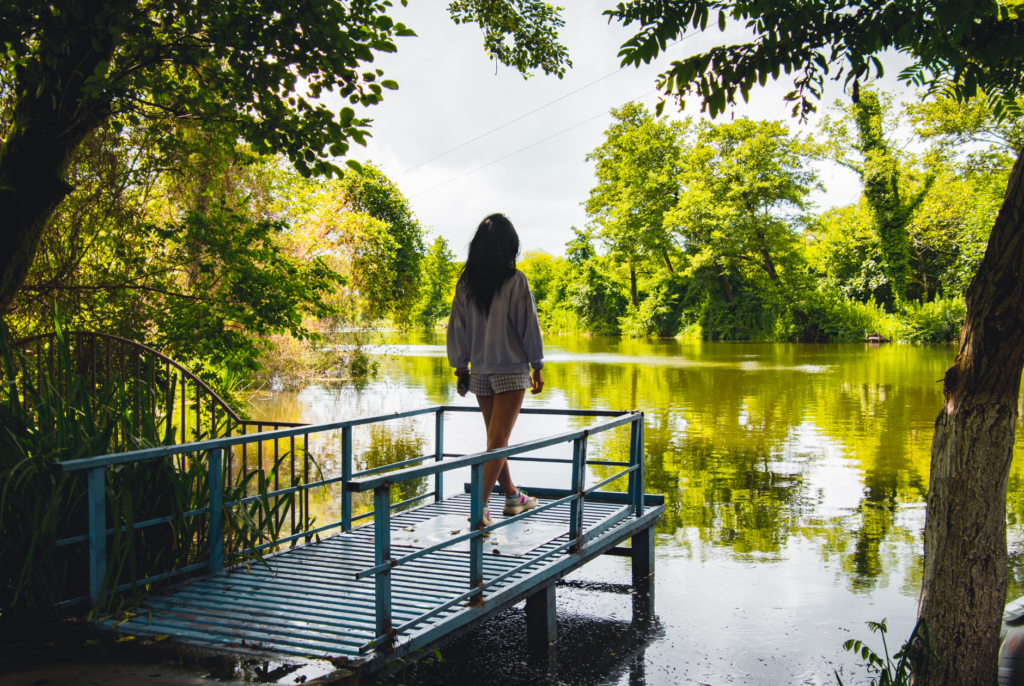
Paliastomi Lake
Distance: 9 km
Difficulty: Easy
Distance: 9 km
Difficulty: Easy
Highlights of Lake Paliastomi
Lake Paliastomi, the heart of Kolkheti National Park, offers a serene and scenic destination for nature lovers. The lake, surrounded by dense subtropical forests and wetlands, is a haven for birdwatchers, with over 190 bird species, including pelicans, herons, and eagles, frequently spotted. Visitors can explore the lake through boat tours, enjoying breathtaking views of the calm waters and diverse wildlife. The lake also offers excellent opportunities for fishing and peaceful walks along its shores. Lake Paliastomi is a perfect spot for relaxation and immersion in the park’s rich natural beauty.
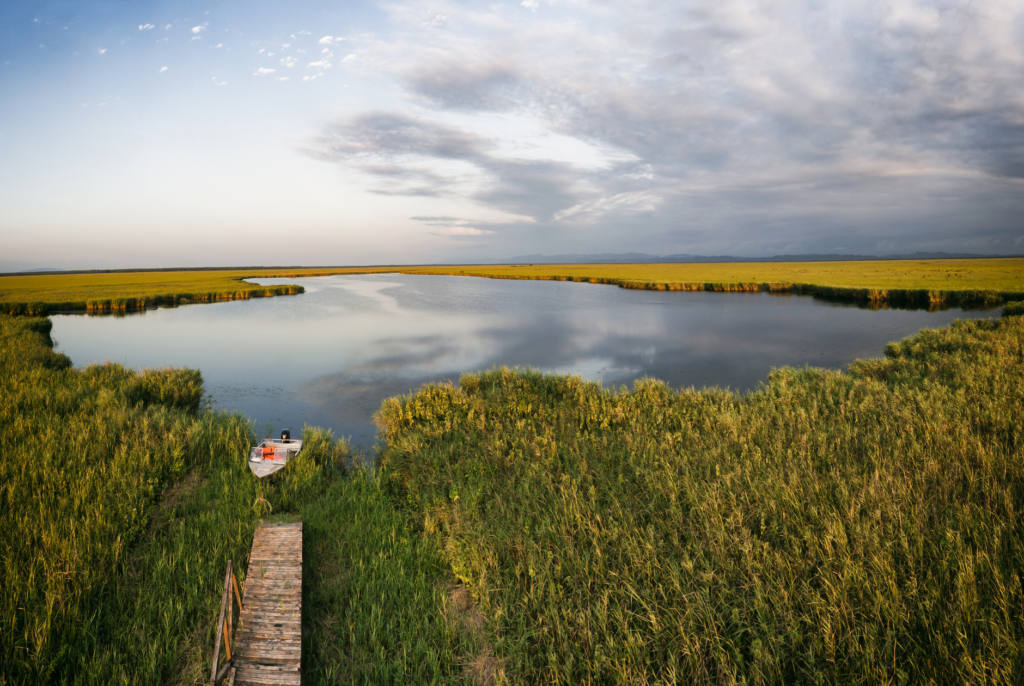
Golden Lake
Distance: 1 km
Difficulty: Easy
Distance: 1 km
Difficulty: Easy
Highlights of Golden Lake
Golden Lake, nestled within Kolkheti National Park, is a hidden gem surrounded by lush subtropical forests and wetlands. Known for its striking golden hues during sunrise and sunset, the lake offers a tranquil setting for visitors seeking peace and natural beauty. Birdwatchers can enjoy sightings of various migratory and resident birds, while the serene environment makes it ideal for relaxing walks along the shoreline. The lake’s calm waters and rich biodiversity, coupled with its scenic surroundings, make Golden Lake a must-see for those exploring the diverse ecosystems of Kolkheti National Park.
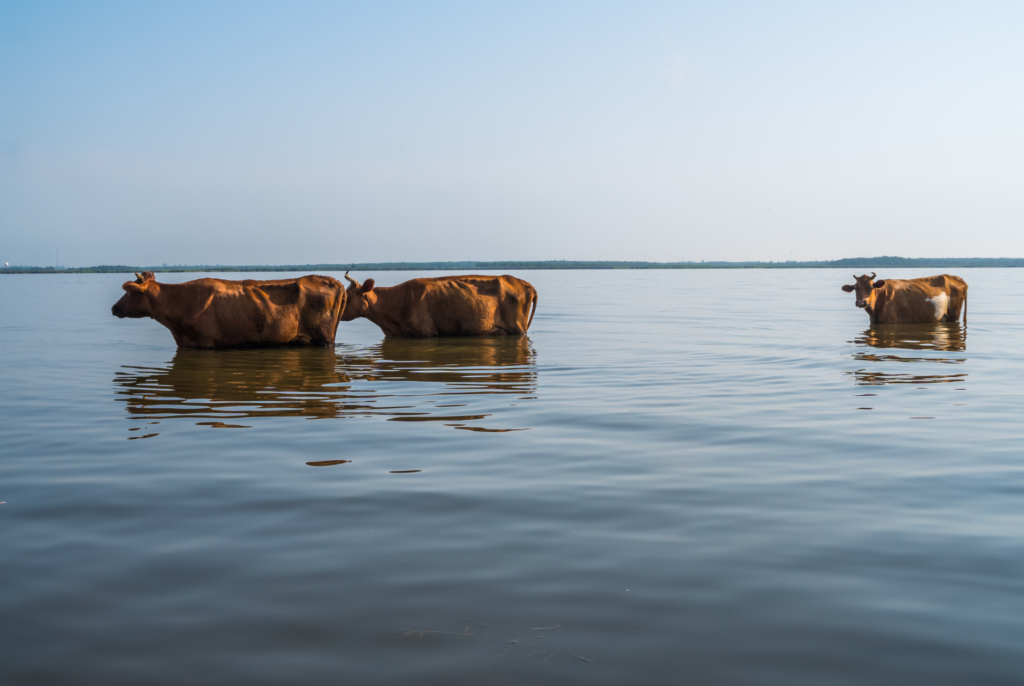
Practical information
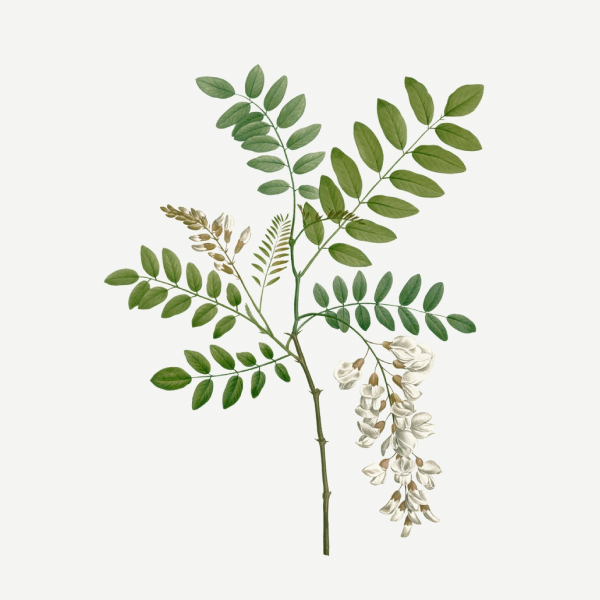
What to Pack
Hiking Gear
Sturdy hiking boots and weather-appropriate clothing (layers are key).
First Aid Kit
Always carry a basic first aid kit, especially if you’re going on longer hikes.
Food & Water
Bring sufficient food & water for the duration of your hike.
Navigation
Maps and GPS are essential, as cell reception is limited. Maps are available at the visitor centers.
